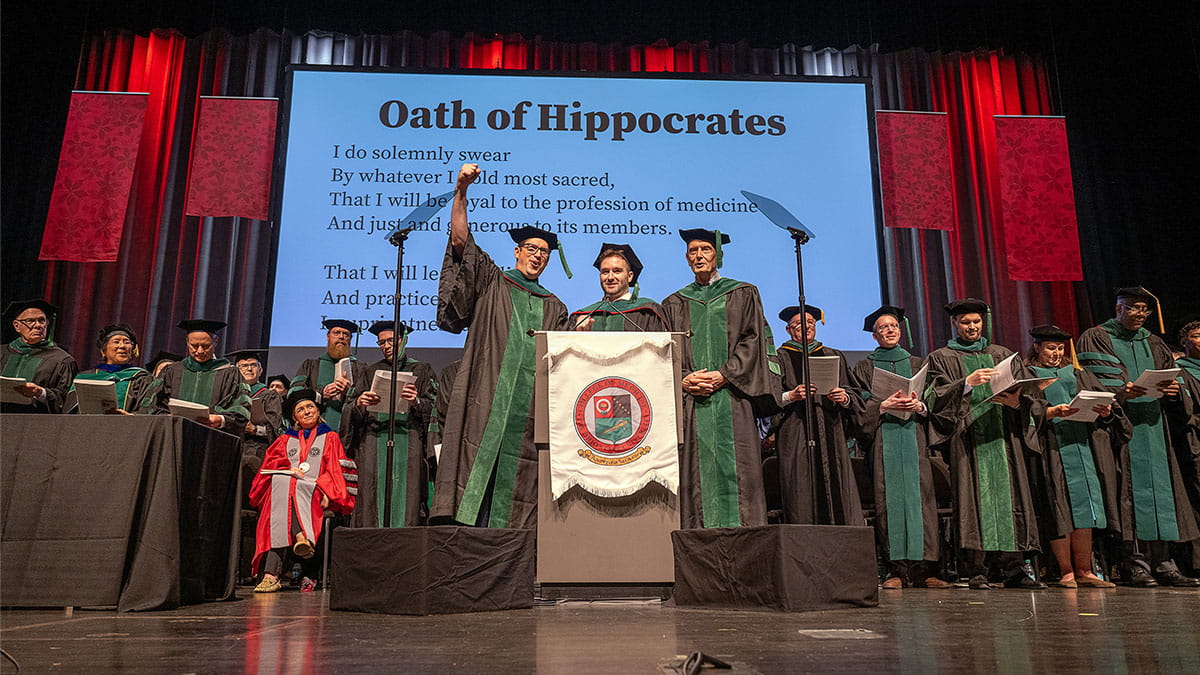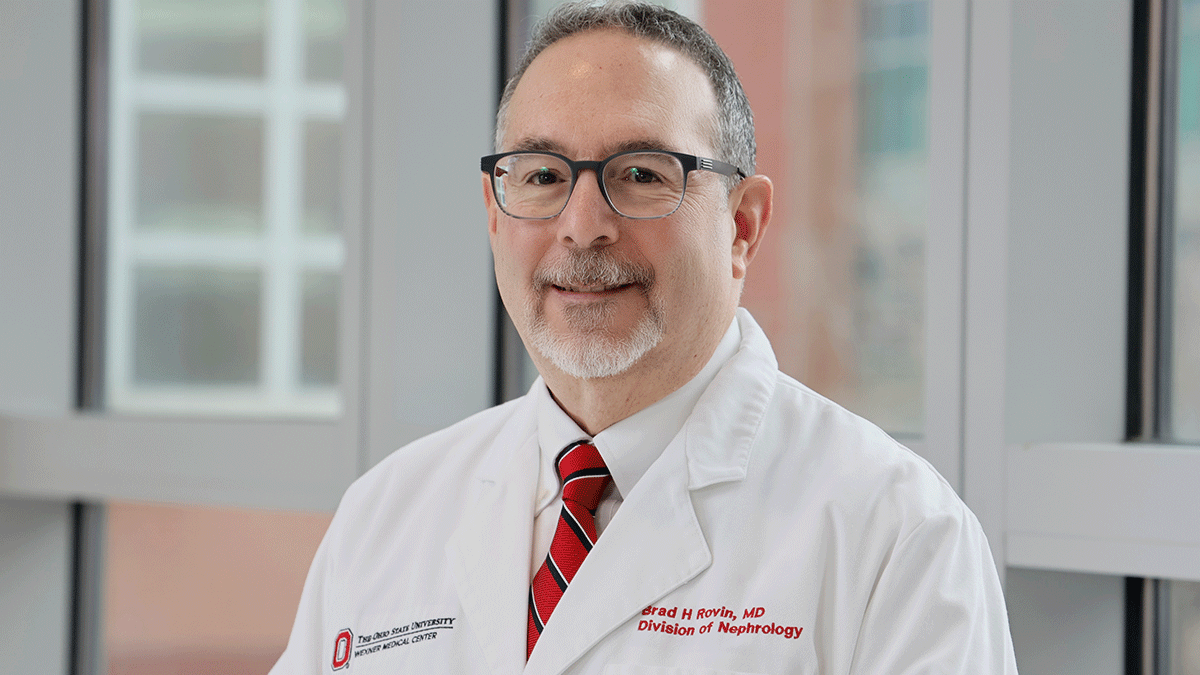Elaine Mardis, PhD, earns prestigious honor for moving genetic research discovery into clinical applications

Her early work contributed to one of the most-prized scientific feats in history — the Human Genome Project, an undertaking that profoundly impacted medicine, genetics and evolutionary science. Elaine R. Mardis, PhD, professor of Pediatrics at The Ohio State University College of Medicine and co-executive director of the Steve and Cindy Rasmussen Institute for Genomic Medicine (ICM) at Nationwide Children’s Hospital, also co-led the effort to sequence and analyze the first cancer genome using next generation sequencing technology, a massively parallel sequencing technology.
Today, she is using these discoveries, and her integral work through both The Cancer Genome Atlas and the Pediatric Cancer Genome Project, to ensure that clinicians and pediatric oncologists have genetic information at the ready to help them therapeutically address diseases and syndromes.
Dr. Mardis will receive the Association for Molecular Pathology (AMP) Award for Excellence in Molecular Diagnostics. in November for her expansive work in cancer genomics, immunogenomics and analytics, as well as for her significant contributions to advancing molecular diagnostics. At the AMP Annual Meeting & Expo in November in Boston, she will also deliver a keynote lecture, “The Advancement of Next-Generation Sequencing and Analytics for Pediatric Precision Diagnosis.”
Dr. Mardis says the work in translational genomics at the IGM comes down to combining knowledge from a team of scientists, working in different fields, brought together to understand the genetic blueprint of cancer, and then using the blueprint to interpret genetic sequencing to deliver precision medicine.
“Everyone has such amazing diverse sets of expertise, insights and the passion to make a difference,” Dr. Mardis says. “We’re inspired every day to apply new genetic information and new interpretations that result in better outcomes for our patients.”
One effort to improve patient outcomes is the molecular characterization initiative (MCI). Dr. Mardis says participants in the MCI are enrolled into a Children’s Oncology Group-led registry, called Project Every Child, where their tumor and blood samples are then collected, evaluated and analyzed at Nationwide Children’s Hospital. The clinical results are then used to make treatment and clinical care decisions, including clinical trial enrollments. MCI makes comprehensive genetic profiling universally available, especially for those who would not normally be able to access these innovative tests.
“The time from receipt of samples to clinical results is just 21 days, remarkably fast given the complexity of the process,” Dr. Mardis says. “Even more importantly, it’s within the time frame when clinical care decisions typically occur.”
Progress in the field of human genetics, accelerated by technological advances, continues to impact Dr. Mardis’ ability to apply genome-wide findings, both to individuals and to population-wide groups. She has begun research that focuses on translational aspects of cancer genomics, specifically, identifying how the cancer genome changes with treatment, including acquired resistance, and the use of genomics in understanding immune therapy response.
This innovative work makes a convincing case for the clinical benefit of cancer molecular profiling in the pediatric and adult settings. Congratulations to Dr. Mardis for receiving this nationally and internationally important recognition.



